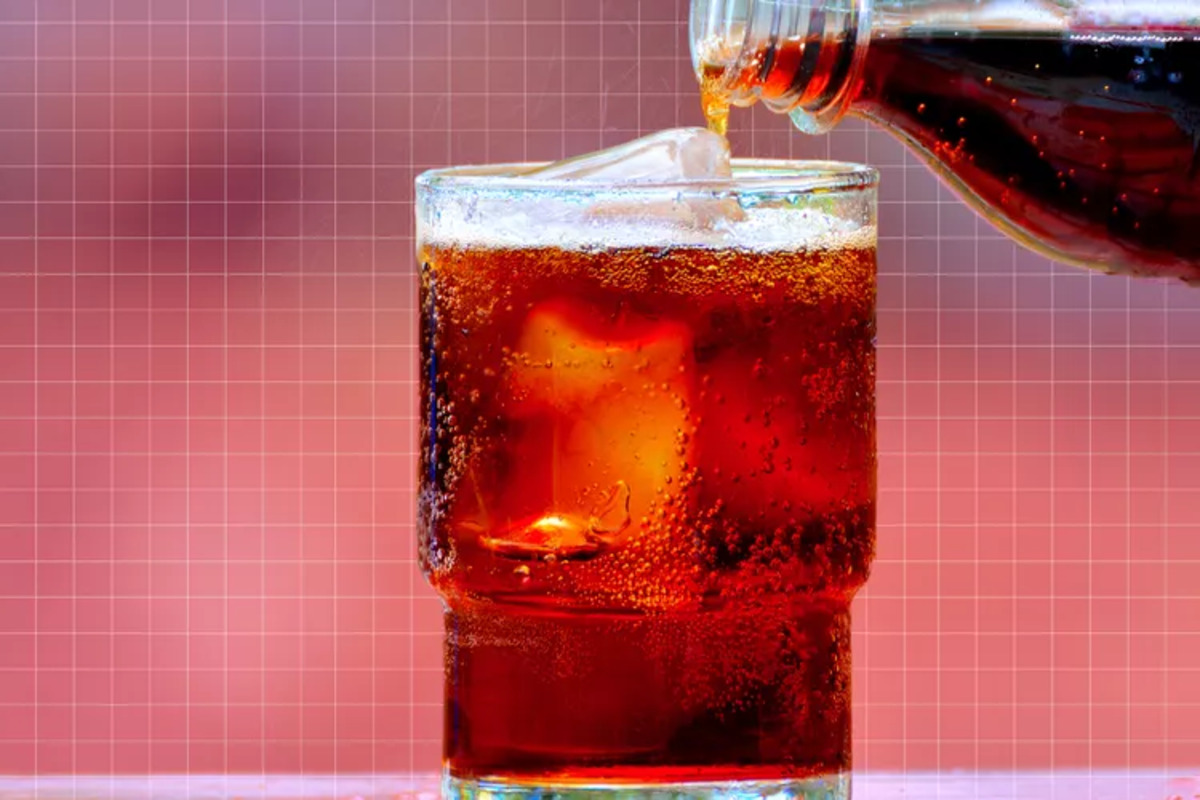Growing up in the Midwest, where soccer and community go hand-in-hand, I’ve learned a lot about staying healthy and fit. We used to down cans of soda after a hard-fought match, not thinking much about the sugar content. These days, diet soda has become a popular alternative for many who want to cut down on sugar while still enjoying that fizzy treat. But what exactly happens to your body when you opt for diet soda? Let’s break it down.
What Is Diet Soda?
Diet soda, also known as diet pop or zero-sugar soft drink, is essentially regular soda minus the sugar. Instead of using high-calorie sweeteners like corn syrup, diet sodas use alternatives like aspartame, sucralose, and stevia. They also contain artificial coloring, flavors, acidic ingredients, and preservatives, much like their sugary counterparts. Some varieties even include caffeine. But just like regular sodas, diet versions are essentially void of any nutritional value.
Tooth Erosion and Discoloration
As kids, we were always warned that sugar causes cavities. While switching to diet soda can reduce the risk of tooth decay from sugar, it brings its own dental risks. The acidity in diet sodas can lead to tooth erosion, causing pain and sensitivity over time. Additionally, varieties with caramel coloring can stain your teeth, turning them yellow. It’s a trade-off that’s worth considering if you’re a regular diet soda drinker.
Potential Weight Loss
One of the biggest reasons people switch to diet soda is to lose weight. And it makes sense—replacing a sugary drink with a calorie-free one can create a calorie deficit. Studies have shown that swapping out sugar-sweetened beverages for diet ones can help reduce body weight, BMI, body fat, and even liver fat levels. However, the results can vary, and some research suggests a potential link between diet soda consumption and obesity. More studies are needed to reach a definitive conclusion.
Increased Risk for Heart Disease
Both regular and diet sodas have been linked to an increased risk of cardiovascular diseases, type 2 diabetes, and even death from any cause. The sweet taste without the calories might degrade insulin function over time, contributing to poor metabolic health. While more high-quality research is needed, it’s wise to limit both sugary and diet sodas for optimal health.
Better Blood Sugar Management
For those concerned about blood sugar levels, diet soda might seem like a safer choice. Unlike sugary drinks, diet sodas do not cause blood sugar spikes. This can be particularly beneficial for people with diabetes or prediabetes. Some studies suggest that diet soda drinkers are less likely to develop insulin resistance compared to those who drink sugary sodas. However, it’s important to discuss any dietary changes with a healthcare professional.
Trouble Sleeping
If you’re like me and enjoy a cold diet soda while watching late-night soccer replays, the caffeine content might be keeping you up. A single can of diet cola contains about 46 milligrams of caffeine, which can affect your sleep, especially if consumed close to bedtime. If sleep is an issue, consider opting for caffeine-free versions.
Weaker Bones
Diet soda can also impact bone health. Some varieties contain phosphorus in the form of phosphoric acid, which, in high amounts, can disrupt the calcium/phosphorus balance in your body, potentially leading to decreased bone mineral density. Caffeinated sodas might exacerbate this effect. If you’re concerned about bone health, choosing clear diet sodas without phosphoric acid could be a better option.
The Bottom Line
Diet soda can be a tempting alternative for those looking to reduce sugar intake. While it offers a sweet, calorie-free option, it’s important to be aware of its potential health impacts. From dental issues and weight management to heart health and bone density, diet soda’s effects are varied and complex.
As someone who’s always looking for balance—whether it’s on the soccer field or in life—moderation is key. Enjoy diet soda occasionally, but balance it with water and nutrient-dense beverages like 100% juice or milk. If it’s the fizz you crave, try sparkling or seltzer water to get the bubbles without the potential downsides.
Remember, every choice we make, whether it’s the passes on the field or the drinks we consume, shapes our overall health and performance. Stay informed, stay balanced, and keep kicking towards a healthier you.

